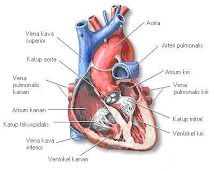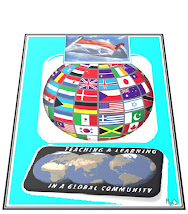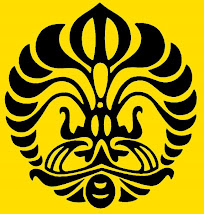Ade Akhyar Nurdin
(Si Super ENTREPRENEURSHIP )
Geology Engineering UNSOED
http://lasonearth.co.nr

Dan
Agung F.
(Mr. Onde Markonde)
School of Economic @ UNSOED
Definition of The Economics
Economics is the social science that studies the production, distribution, and consumption of goods and services. The term economics comes from the Greek for oikos (house) and nomos (custom or law), hence "rules of the house(hold)."[1]
Modern economics developed out of the broader field of political economy in the late 19th century, owing to a desire to use an empirical approach more akin to the physical sciences.[2] A definition that captures much of modern economics is that of Lionel Robbins in a 1932 essay: "the science which studies human behaviour as a relationship between ends and scarce means which have alternative uses."[3] Scarcity means that available resources are insufficient to satisfy all wants and needs. Absent scarcity and alternative uses of available resources, there is no economic problem. The subject thus defined involves the study of choices as they are affected by incentives and resources.
Areas of economics may be divided or classified into various types, including:
- microeconomics and macroeconomics
- positive economics ("what is") and normative economics ("what ought to be")
- mainstream economics and heterodox economics
- fields and broader categories within economics.
One of the uses of economics is to explain how economies, as economic systems, work and what the relations are between economic players (agents) in the larger society. Methods of economic analysis have been increasingly applied to fields that involve people (officials included) making choices in a social context, such as crime,[4] education,[5] the family, health, law, politics, religion,[6] social institutions, and war.[7]
Contents
- 1 Politics economics and culture
- 2 Basic concepts
- 3 Economic reasoning
- 4 Areas and classifications in economics
- 4.1 Analysis of the economy
- 4.2 Mathematical and quantitative methods
- 4.3 Selected fields
- 4.3.1 Agricultural economics
- 4.3.2 Development and growth economics
- 4.3.3 Economic systems
- 4.3.4 Environmental economics
- 4.3.5 Financial economics
- 4.3.6 Game theory
- 4.3.7 Industrial organization
- 4.3.8 Information economics
- 4.3.9 International economics
- 4.3.10 Labour economics
- 4.3.11 Law and economics
- 4.3.12 Managerial economics
- 4.3.13 Public finance
- 4.3.14 Welfare economics
- 5 History and schools of economics
- 6 Criticism
- 7 Economics in practice
- 8 See also
- 9 Notes
- 10 External links





















Tidak ada komentar:
Posting Komentar